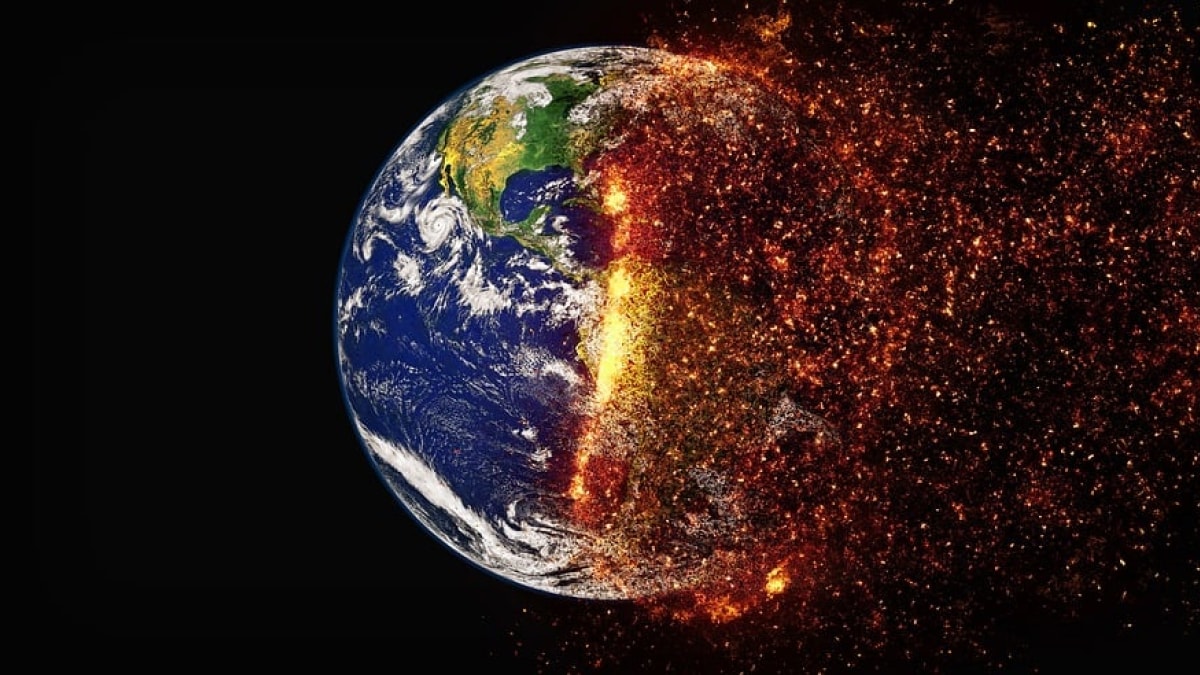A good portion of Earth’s biodiversity faces extinction by the tip of the century if present greenhouse gasoline emissions proceed unchecked, in accordance with findings printed in Science on December 5. The research, which reviewed over 450 analysis papers spanning 30 years, highlights the escalating risk local weather change poses to international species, notably amphibians and people in mountain, island, and freshwater ecosystems. The evaluation attracts consideration to the pressing want for focused conservation efforts and stricter local weather motion.
Local weather Change and Rising Extinction Dangers
The analysis, carried out by Mark City, a biologist on the College of Connecticut, analysed the impression of assorted warming situations on species survival, as per experiences. The findings recommend that sustaining international temperature will increase under 1.5 levels Celsius, as outlined within the Paris Settlement, may restrict extinction dangers. Nevertheless, an increase of 1.5 levels Celsius may nonetheless place roughly 180,000 species — 1 in 50 worldwide — vulnerable to extinction.
The research warns that if temperatures enhance by 2.7 diploma Celsius, the chance doubles, with 1 in 20 species doubtlessly going through extinction. Increased warming situations, corresponding to a 4.3 diploma Celsius rise, challenge a virtually 15 % extinction fee, escalating to virtually 30 % if temperatures climb to five.4 diploma Celsius.
Amphibians and Ecosystem Vulnerability
In line with City, in a press release, amphibians are notably susceptible attributable to their reliance on steady climate patterns for his or her life cycles. Ecosystems corresponding to these in South America, Australia, and New Zealand are additionally recognized as hotspots for extinction dangers due to their isolation, making migration and adaptation troublesome for native species. He advised Reside Science that ecosystems like mountains and islands are particularly affected as a result of surrounding habitats are sometimes unsuitable for migration.
Name for Coverage and Conservation Motion
The research underscores the need of worldwide coverage efforts to curb emissions and shield ecosystems. City emphasised that the findings remove uncertainty about local weather change’s impression on species extinction, urging policymakers to behave decisively.

